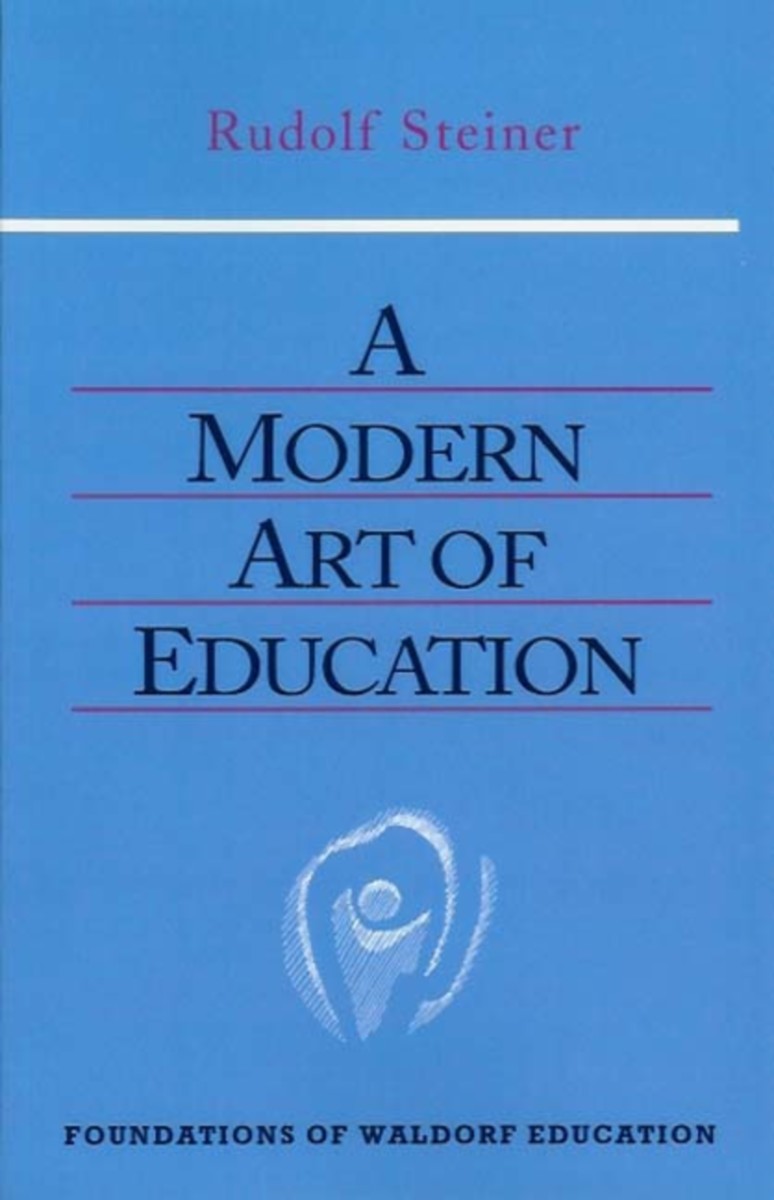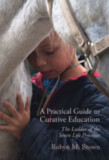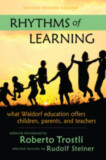Introduction by Christopher Bamford
Translated by Jesse Darrell, Nancy Parsons Whittaker and Robert F. Lathe
- Publisher
SteinerBooks - Published
3rd August 1999 - ISBN 9780880105118
- Language English
- Pages 256 pp.
14 lectures and talks, Ilkley, Yorkshire, August 5-17, 1923 (CW 307)
In this fine introduction to Waldorf education, written out of a series of lectures given in 1924, Steiner provides one of the most comprehensive introductions to his pedagogical philosophy, psychology, and practice. Steiner begins by describing the union of science, art, religion and morality, which was the aim of all his work and underlies his concept of education.
Against this background, many of the lectures describe a new developmental psychology. On this basis, having established how children’s consciousness develops, Steiner discusses how different subjects should be presented so that individuals can grow and flourish inwardly. Only if the child absorbs the right subject in the right way at the right time can the inner freedom so necessary for life in the modern world become second nature.
“Readers of Steiner’s lectures printed here will be ‘quietly astonished’ and ‘genuinely enthusiastic.’ After an introduction, in which he speaks of reuniting science (intellectual knowledge), art, and morality once again, he turns to the principles of Greek education, in which body, soul, and spirit were still a unity. He then traces the development through the Middle Ages, during which new, evolving elements were added. In our time, he says, we must understand the concrete connection of the spirit with the human being, so that thinking, feeling, and willing can once more become alive. He relates this to the child’s developmental stages, as well as the human basics such a sleeping and waking. Then he turns to the specifics of the curriculum: reading, writing, nature study, arithmetic, geometry, history physics, chemistry, crafts, language, and religion. Finally, he turns to memory, the temperaments, physical culture, art, and the actual organization of a Waldorf school—to which this volume is, all in all, one of the best introductions.” —Christopher Bamford, from his introduction
German source: Gegenwärtiges Geistesleben und Erziehung (GA 307). Previous English edition: Education and Modern Spiritual Life.
C O N T E N T S:
Introduction by Christopher Bamford
1. Science, Art, Religion, Morality
2. The Principles of Greek Education
3. Greek Education and the Middle Ages
4. Spirit’s Relationship to the Body
5. Freeing Volition in the Human Organism
6. Walking, Speaking, Thinking
7. Rhythm, Sleep, Imitation
8. Reading, Writing, Nature Study
9. Arithmetic, Geometry, History
10. Physics, Chemistry, Handwork, Language, Religion
11. Memory, Temperaments, Physical Education, Art
12. Education toward Inner Freedom
The Three Eras of Human Religious Education
Closing Address
Index
Rudolf Steiner
Rudolf Steiner (b. Rudolf Joseph Lorenz Steiner, 1861–1925) was born in the small village of Kraljevec, Austro-Hungarian Empire (now in Croatia), where he grew up. As a young man, he lived in Weimar and Berlin, where he became a well-published scientific, literary, and philosophical scholar, known especially for his work with Goethe’s scientific writings. Steiner termed his spiritual philosophy anthroposophy, meaning “wisdom of the human being.” As an exceptionally developed seer, he based his work on direct knowledge and perception of spiritual dimensions. He initiated a modern, universal “spiritual science” that is accessible to anyone willing to exercise clear and unbiased thinking. From his spiritual investigations, Steiner provided suggestions for the renewal of numerous activities, including education (general and for special needs), agriculture, medicine, economics, architecture, science, philosophy, Christianity, and the arts. There are currently thousands of schools, clinics, farms, and initiatives in other fields that involve practical work based on the principles Steiner developed. His many published works feature his research into the spiritual nature of human beings, the evolution of the world and humanity, and methods for personal development. He wrote some thirty books and delivered more than six thousand lectures throughout much of Europe. In 1924, Steiner founded the General Anthroposophical Society, which today has branches around the world.







